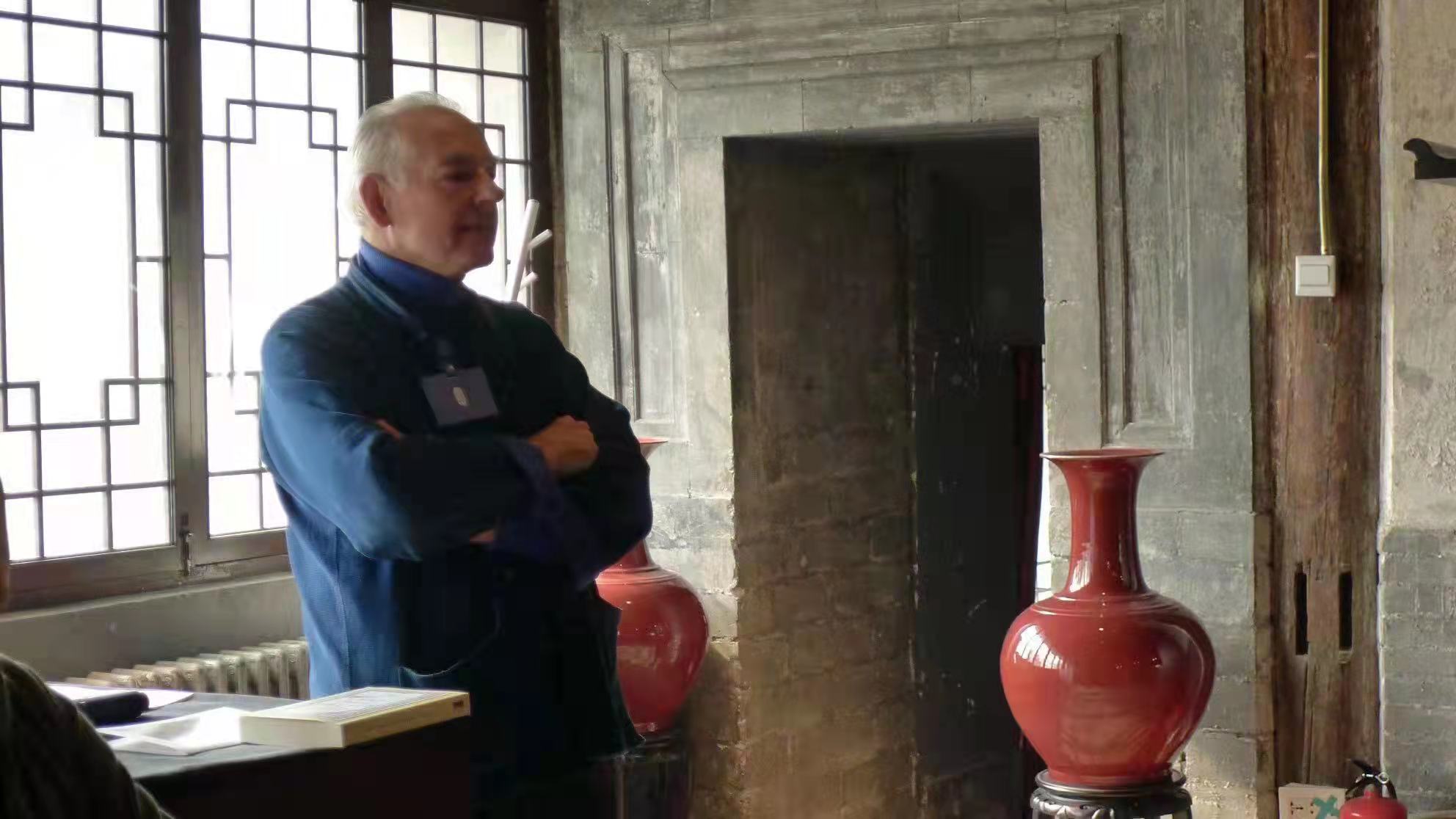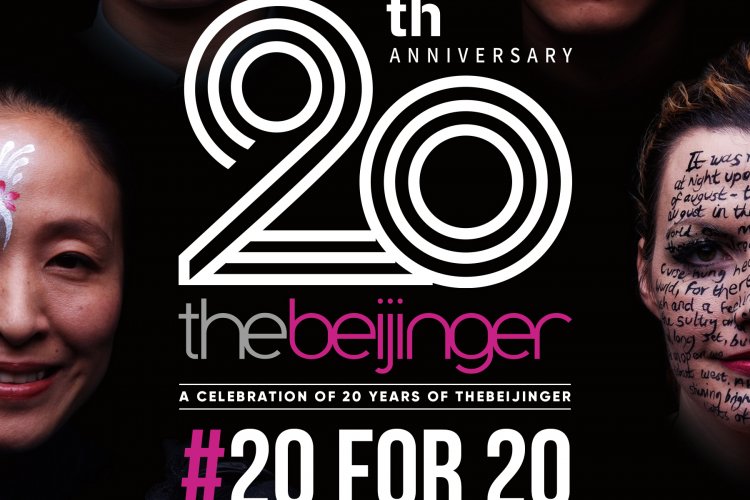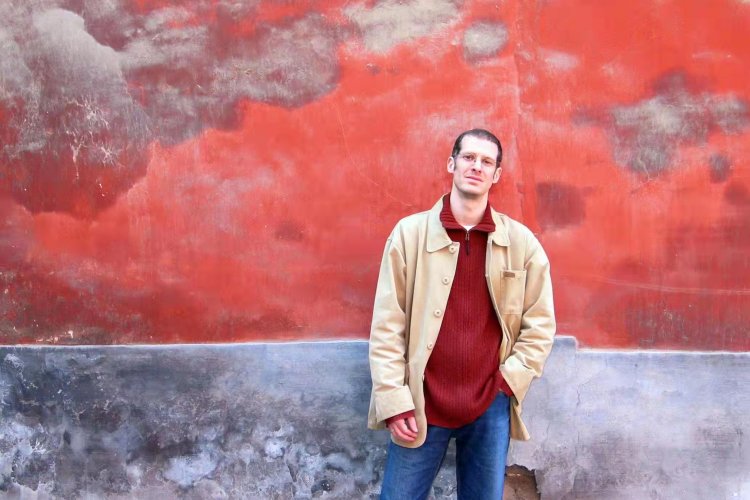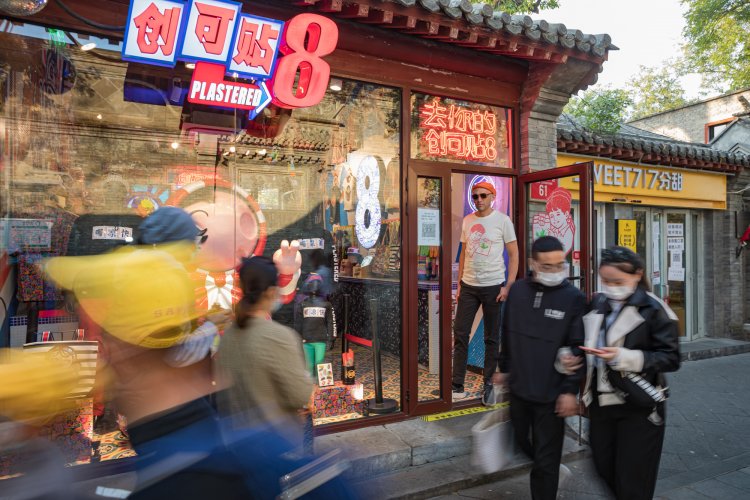20 for 20: Alan Babington-Smith of the Royal Asiatic Society, Beijing
As we continue our celebration of 20 years of The Beijinger, we’re taking a closer look at some of the expats who have been here for two decades and those who have had an oversized impact during their stay.
There is something gentlemanly about Mr. Alan Babington-Smith, and given all that he has accomplished over his lifetime, as well as the astounding things he has done while here in Beijing, I feel honored to shed some light on the amazing life of this man, whose main occupation now is helping to run the Royal Asiatic Society, Beijing.
Babington-Smith first came to China in the 1970s, encountering a country that in many ways was a China even younger locals may know little about, and his memories are extensive. Although some of his answers to the questions below are simply stated, the weight of his merit and the role that he has played in the "rise of China" in our modern history are great to say the least. Alan has played an active part in changing life for the better for many individuals in China.

When did you first come to China?
My very first encounter with China was in the '70s, as a banker. At that time, I met some impressive people, and the business was good, but I was not yet sure that the reforms in China would stick. When I came again 20 years later there was no denying China’s rise and potential, and I was truly excited.
What brought you to Beijing?
I came to China to support economic reform in Liaoning by setting up three Credit Guarantee Funds on a UK DFID (Department for International Development) project – basically helping private enterprises to get loans from banks for the first time.
What were some of your first impressions of the city?
During my early years in Shenyang, and then after I moved to Beijing in 2003, I was struck by the vast, impersonal scale of both cities.
Can you tell us about one of your quintessential first experiences in the city?
In Shenyang, driving around and realizing that there was more highway around that one city than there was in all of Russia. In Beijing, when I arrived to live here in 2003, the whole city seemed to be one big construction site.
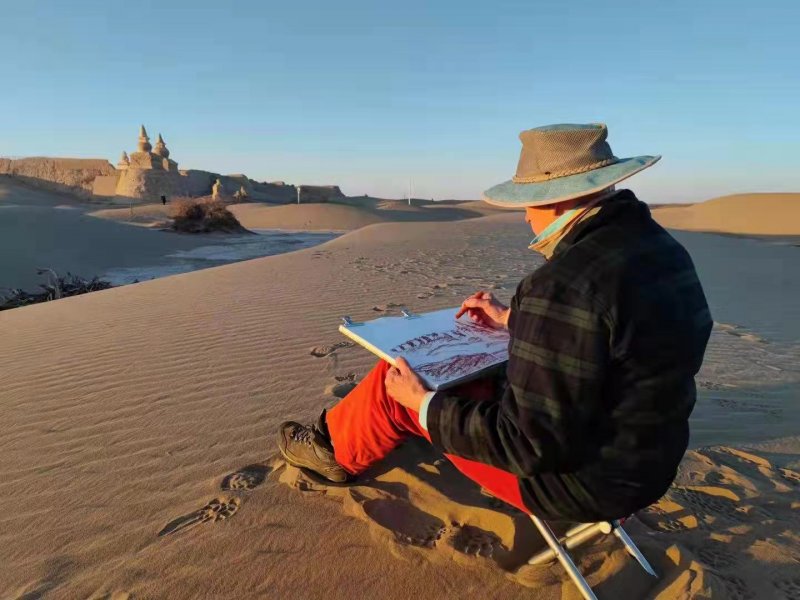
Did you imagine at that time that you’d still be here more than 20 years later?
No, definitely not. I had spent the ten years before I came to China moving around in different countries for different periods of time, and that’s what I expected the pattern of my life would be: three years, maybe, in China, setting up the Credit Guarantee Funds, then another three or so somewhere else in the world. But after I had completed that assignment in China it was clear to me that China was going to be the most interesting place to be for the next ten to fifteen years.
Has anything else helped you in making your decision to stay?
I was happily busy with helping develop a coaching business and a choir, but undoubtedly, marrying Melinda and sharing her commitment to China has made staying here much more attractive in every possible way.

What’s changed the most since you first arrived?
The speed and scale of China’s rise over the past 20 years is unequalled in world history, so almost everything has changed. If I had to point to two things, one in the background would be the recent increase in order and regulation, and another in daily use would be WeChat.
How do you think Beijing has changed you as a person?
I like to think that I have become more broad-minded, and perhaps stayed younger at heart – not least because I married here for the first time.
How did you and your wife meet?
I met my wife in Xanadu in Inner Mongolia, at a big party in 2001. At that time, travel was not as easy, and getting there was quite an adventure in itself. My first glimpse of Melinda was of a beautiful silhouette, carrying her own coffee maker, and I thought to myself, "Here is a woman who knows how to handle China." I introduced myself to her. It turned out that we were both building houses – she near the Ming Tombs, I near Shenyang – so our first conversation actually focused on, of all things, under-floor heating.
A series of coincidences brought us together again ten years later. My wife is also one of the 20 for 20 interviews – we are a team. The house that Melinda built is still our bolt-hole from the city. The house that I built was "chai"-ed – "demolished" – long ago, but for a time it was a fantasy realized – and the compensation covered all the costs.

What’s the main reason Beijing continues to be a draw for you to this day?
Constant variety of life and interactions. I regularly have four or five interesting interactions a day, all stimulating and original.
Name your three favorite places in the city.
Ritan Park, where a man appears regularly to write calligraphy on the sidewalk with a huge water brush. Yiheyuan. And life on Yanyue Hutong, in the maze-like traditional alleyways.
What’s one piece of advice you have for relatively recent arrivals?
Learn the language and don’t be shy about using it — try the tones, and speak regardless.
Are you still doing what you came here to do 20 years ago?
Not remotely. I never imagined that I would help build up a management training company and help run a choir, or, for the past seven years with my wife, Melinda, spearhead something like RASBJ.
For anyone who is not familiar with RASBJ, can you explain a little bit more about what it is?
RASBJ stands for the Royal Asiatic Society, Beijing. Its purpose is to bring China and Asia and the rest of the world closer together. We like to think that the society appeals to anyone with a degree of intellectual curiosity. We have put on over 200 events, and particularly since we started Zoom talks, membership has tripled and we currently hold events three to four times every month.
Topics range from pure history – from dinosaurs in China to the Silk Road, say – to a detailed analysis of an individual artifact, such as an 8th century sarcophagus, which tells the story of cultural exchanges between China and Central Asia. Recently, we featured a discussion of what guanxi means in the 21st century.
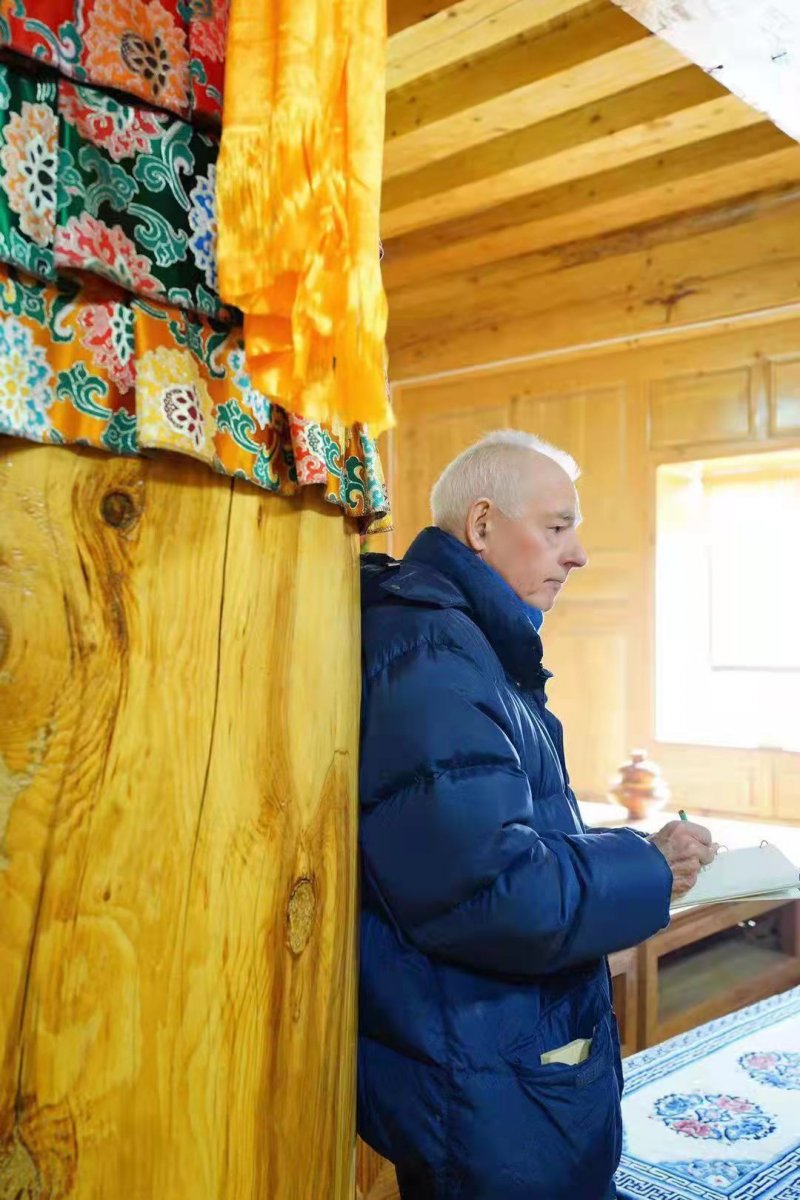
That is amazing! Is the society for everyone, or for foreigners only?
It’s for everyone. We welcome members of all nationalities, Chinese or foreign, and are keen to engage with diverse personalities in a whole range of cross-cultural activities and exchanges, discussing, for example, the differences between Chinese and western art or Chinese and western music. Such informal and unofficial exchanges and interactions are especially important now.
What would you say you've contributed to China?
In most respects I think of myself more as a settler than a pioneer, but I have played a part in helping set up in China operations focused on four innovations: processes and standards of credit evaluation that have become the norm throughout China; executive coaching, which has helped individuals take control of their lives and improved business’ performance; establishing a community of intellectually curious expats and Chinese seeking to enhance cultural understanding; and helping introduce into China the international classical choral repertoire.
Which of these are you most proud of?
I am proud that the organizations for the first three endeavors are still thriving.
Emotionally, the fourth is very important to me too. For 15 years we regularly filled the Forbidden City Concert Hall with an audience – half Chinese and half expats – to hear international-standard performances by a volunteer choir (including many Chinese, and with a professional Chinese orchestra) of an annual Messiah and other pieces of the world’s best choral music. Many of these performances – including two Bach Masses – were China premieres.
What has China given to you?
Many opportunities for "refiring" at an age when I had expected to be "retiring." I have built a 1,000sqm siheyuan. I have married. I have experienced amazing parts of China, from Liaoning to Lhasa. I have developed painting as a new hobby. I interact with top-level global academics.
READ: 20 for 20: Malek Mouther of 1001 Nights
Images courtesy of Alan Babington-Smith

